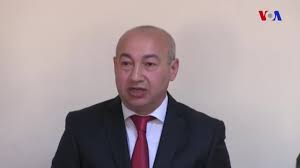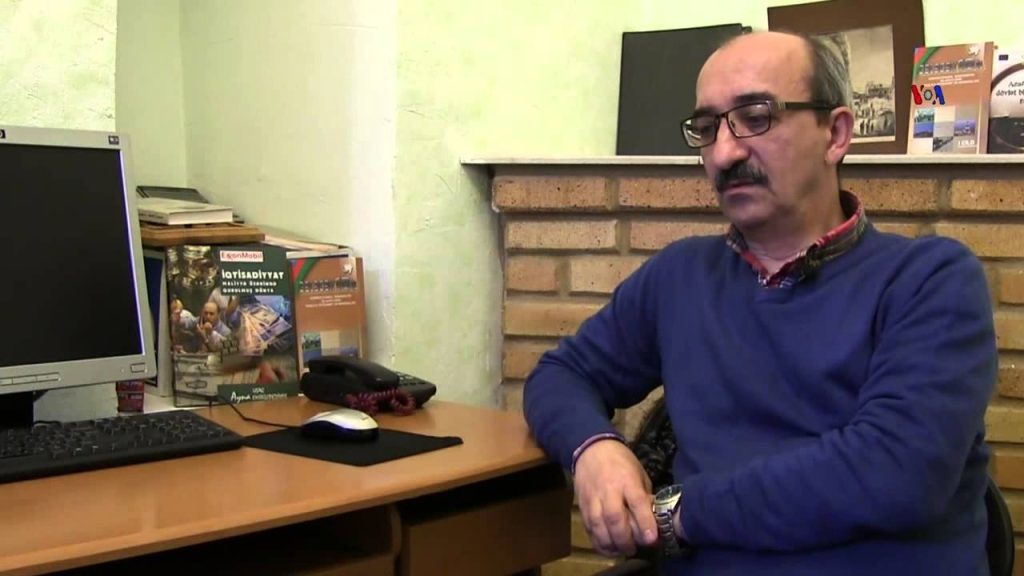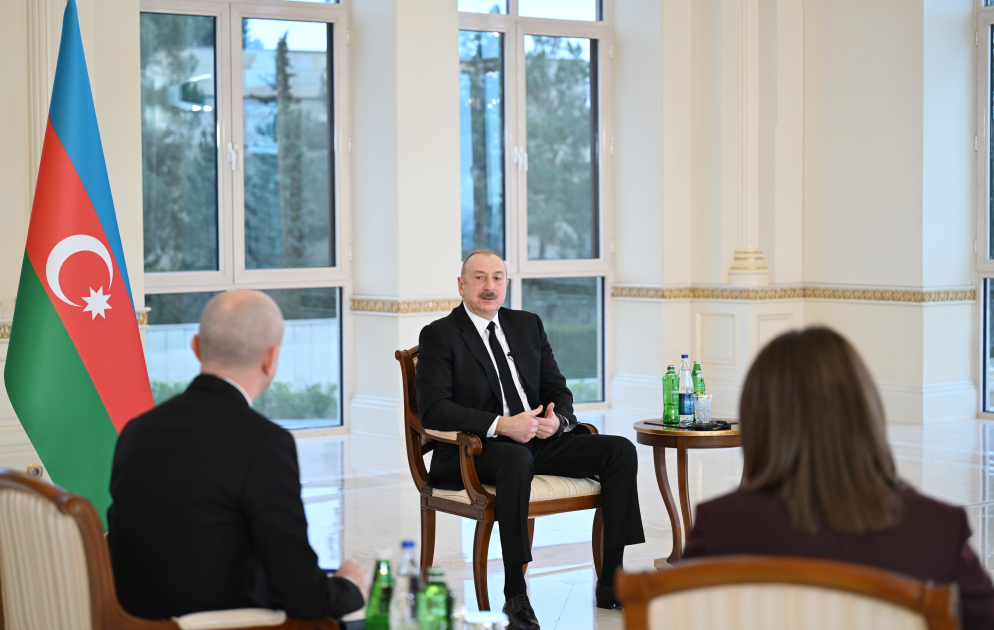Is Iran backing down on 'Zangezur Corridor'? View from Baku
Iran and Zangezur Corridor
Iran‘s Foreign Ministry, which until recently referred to the “Zangezur Corridor” as its “red line,” has now stated that it is “not a political issue.”
According to Azerbaijani experts, there are several reasons for Iran’s “softening” stance on this matter in recent days. They believe one such reason is the defeat of Azerbaijan’s southern neighbor in the Middle East.
“The regime change in Syria has affected Iran’s position in the Middle East. Currently, Iran is trying to reach some sort of agreement with Turkey, whether on Syria or the South Caucasus,” said military expert Azad Isazade.
- Bundestag factions back EU sanctions against Georgian Dream
- Armenia takes first steps toward EU membership: Government approves Eurovote plan
- Wages rise in Azerbaijan, but so do utility costs
Iranian Foreign Ministry spokesperson Ismail Baghaei announced that an Iranian delegation will visit Turkey in the coming days to discuss the “Zangezur Corridor.” He stated that the “Zangezur Corridor” is “not a political issue,” describing it as “a technical matter with a very specific history between the two countries.”
“Iran’s position remains stable. While welcoming the expansion of cooperation in transportation, we emphasize the need to respect the sovereign rights of nations. In the near future, our delegation, involving relevant institutions, is likely to visit Turkey for a detailed discussion on this matter. We hope the issue will be resolved soon,” Baghaei said.

Political analyst Khagani Jafarli told Pressklub.az that there are two reasons why Baghaei’s statement on the “Zangezur Corridor” differs from Tehran’s usual stance:
“Iran’s foreign policy has suffered a significant defeat. The results of decades of policy, on which hundreds of billions of dollars were spent, were undone by Israel in just a few months. Iran is crushed by such a heavy defeat, and over time, it will become even more severe. Iran no longer has sufficient strength to oppose the ‘Zangezur Corridor’ or to obstruct its implementation. Although there are figures in Iran’s military-political leadership who refuse to accept this reality, there are also those who already understand it.”
The political analyst claims that a divide is currently evident within Iran’s political elite. Structures and individuals aligned with the Supreme Leader are attempting to maintain the previous course, while members of President Masoud Pezeshkian’s team advocate for a policy more aligned with current realities. However, they lack sufficient power to implement it. Therefore, considering Ismail Baghaei’s viewpoint, it is necessary to monitor the position of the other side. In other words, it would be incorrect to assume that Tehran’s policy has undergone significant changes. The deadlock will persist until major political changes occur in Iran.
“Overall, the weakening of Russia and Iran has created favorable conditions for Azerbaijan to achieve its goals, including the ‘Zangezur Corridor’ project. It can be said that Azerbaijan no longer needs to wait for Iran or Russia to express approval to implement projects like the ‘Zangezur Corridor.’ On the contrary, given that Russia and Iran will continue to weaken, Azerbaijan should update its policies accordingly,” Jafarli emphasized.

Military-political expert Azad Isazade also believes that the “Zangezur Corridor” will inevitably open; it is only a matter of time:
“Iran is also rushing to ensure that, as a regional state, it is considered in the processes taking place in the South Caucasus. Iran is concerned that if the corridor opens, it will intersect with the Iran-Armenia route and bring under control the smuggling, transit of drugs, and weapons in an unregulated region—specifically, under the control of Azerbaijan and Turkey.”
Isazade asserts that the regime change in Syria has influenced Iran’s position in the Middle East. In his view, Iran is trying to reach some form of agreement with Turkey, whether on Syria or the South Caucasus:
“As Iran’s stance softens, Armenia’s position also weakens. Armenia has not yet shown this openly, as it considers France’s position. It does not want further expansion of transport links between Turkey and Azerbaijan. Moreover, Tehran understands that Trump’s return to power bodes ill for them. For this reason, Iran is attempting to adopt a more stable position in the region and improve relations with neighboring countries.”
Analysts from the “View to the East” Political Research Center point to a recent interview by Azerbaijani President Ilham Aliyev with local media. According to the analysts, the president’s statements indicate a new period of political tension in Azerbaijan-Iran relations.
“The president criticized Iran on a bilateral basis and also sent a message to Tehran, stating: ‘We are pleased that Turkey prevailed’ regarding the recent events in Syria. As for the ‘Zangezur Corridor,’ which has not been discussed for some time, it is clear that statements like ‘the corridor must and will be opened’ will not be easily accepted in Tehran.”
According to analysts from the ‘View to the East’ Research Center, periodic tensions are inevitable in Azerbaijan-Iran relations, where mutual trust is lacking.
“We have repeatedly highlighted the objective and subjective reasons for this. Unlike previous tensions in bilateral relations, the current strain seems to have a more geopolitical undertone: as Iran is being pushed out of the Middle East and the axis of resistance collapses, Azerbaijan is working to strengthen its position.
In principle, Iran, now forced to withdraw its support for Hezbollah and Assad, whom it backed for years, may also take a step back on the issue of the “Zangezur Corridor” under the current circumstances.”





















